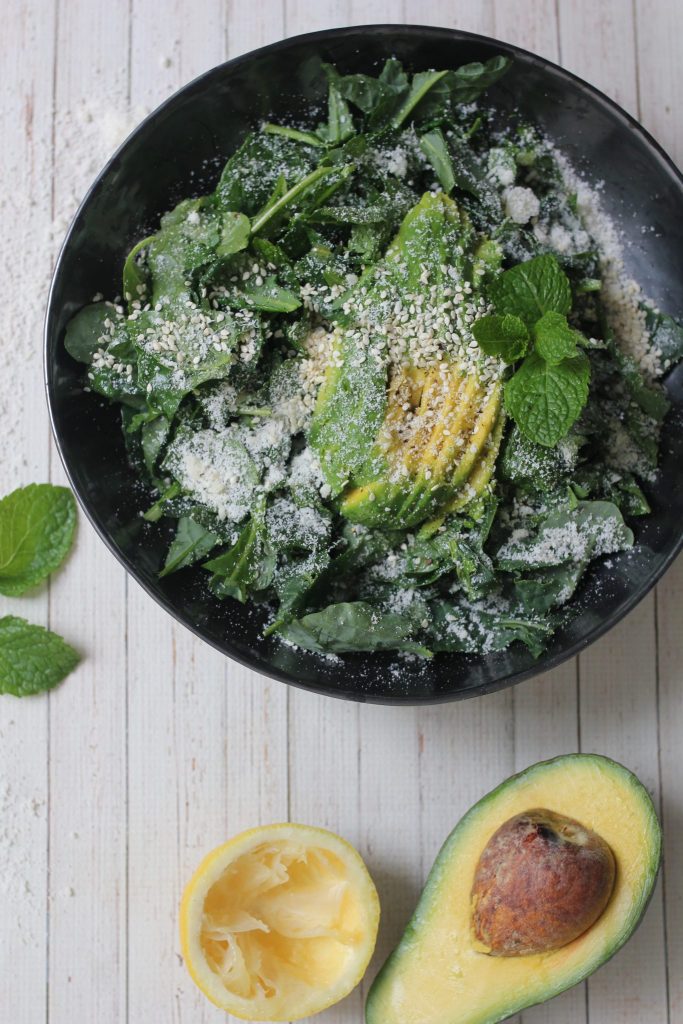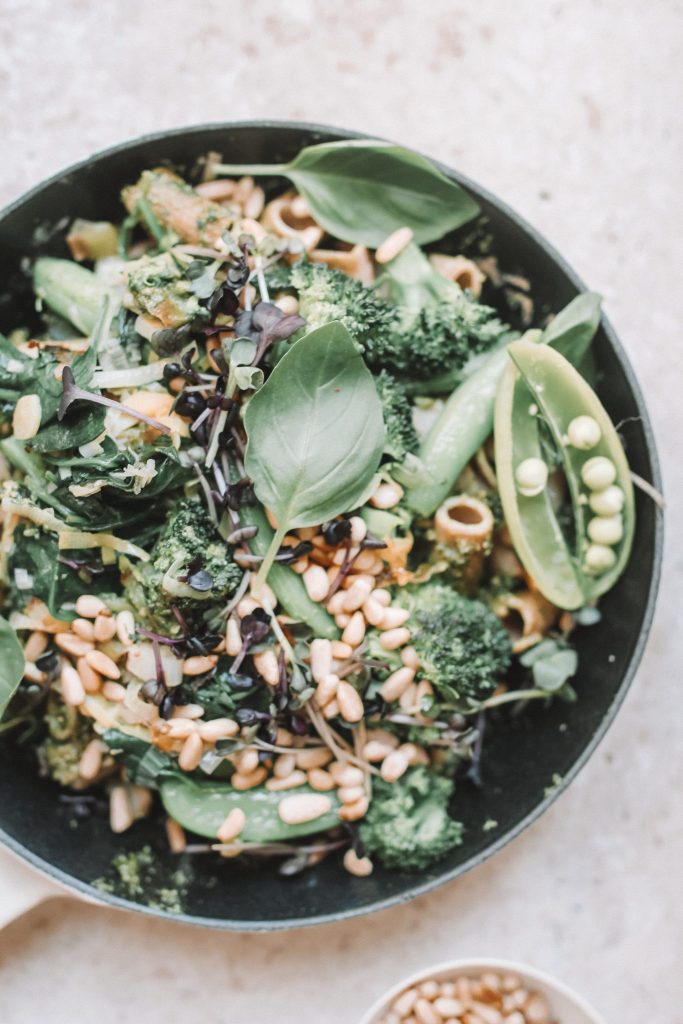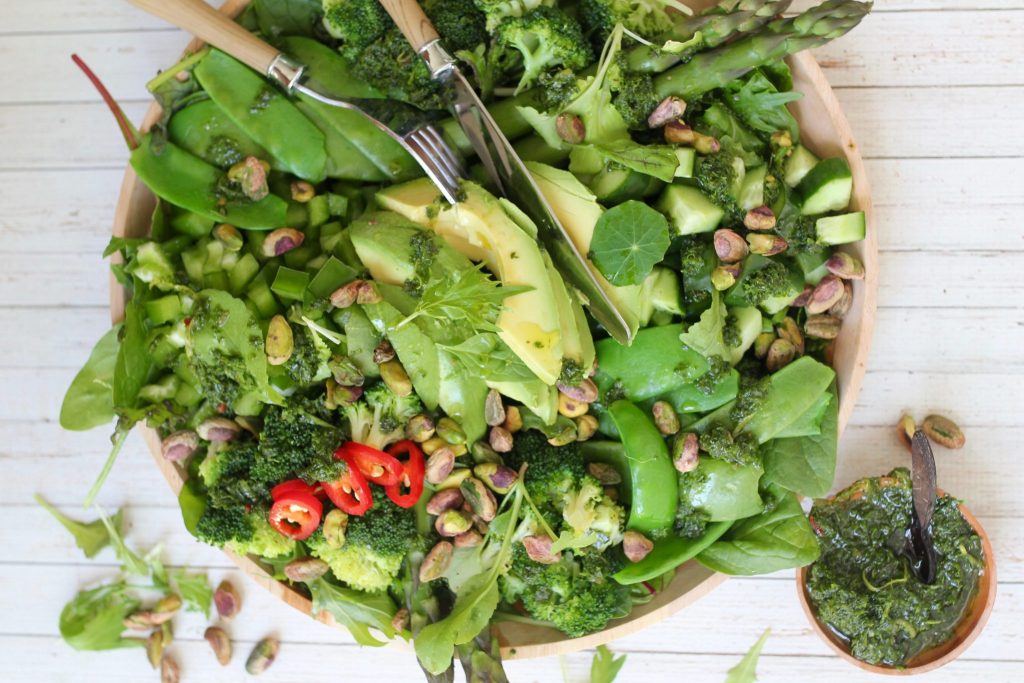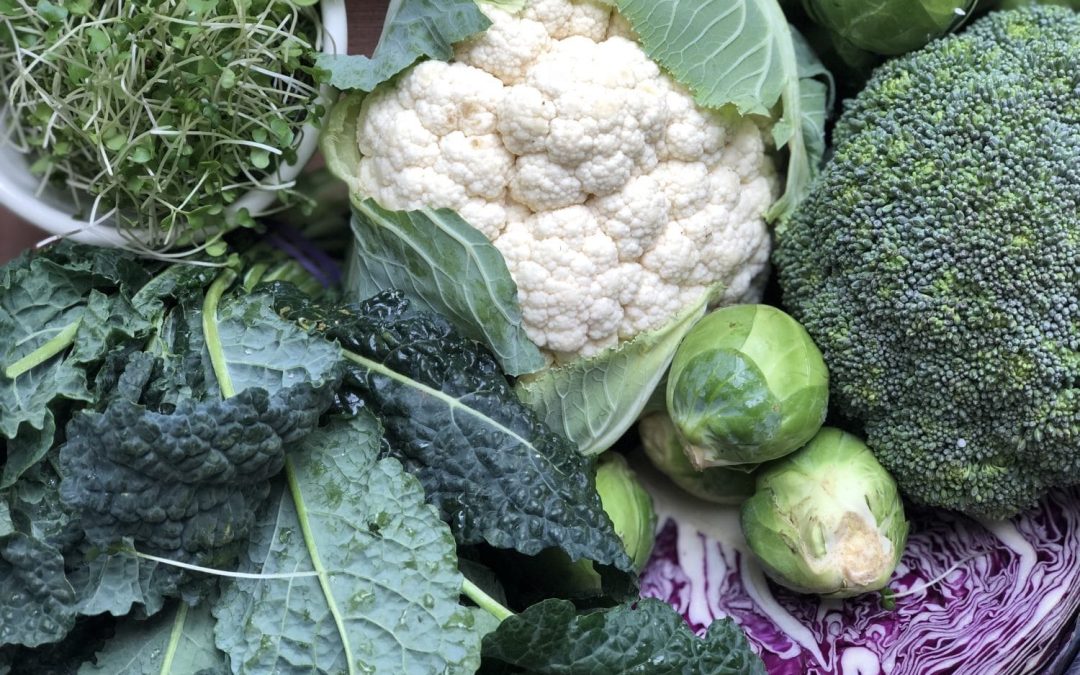Why this family of vegetables (cruciferous, also known as brassica) and their powerhouse of nutrients provide outstanding health benefits….
Want to know why we should eat our broccoli? And all members of the brassica family for that matter… This extra-ordinary family of vegetables, which includes broccoli, kale, cabbage, brussels sprouts, arugula (rocket) and watercress is a group that warrants inclusion in our diet as often as possible. They contain powerful anti-cancer compounds, particularly sulphur containing glucosinolates, including the potent compound, sulphoraphane. In addition, brassicas provide a rich source of Vitamin C, fibre, omega 3 fats (alpha linolenic acid) anti-oxidants, B vitamins and Vitamin K. Given the number of toxins we are exposed to on a daily basis, having a regular dose of cruciferous vegetables in our arsenal can be very beneficial. Each individual vegetable will have their own unique set of nutrients and phytochemicals and therefore consuming a variety will be the best option for most people.

Here are some ways in which these nutrient dense vegetables can promote good heath:
#01
Protective against cancer: A range of potent sulphur containing compounds across the cruciferous family vegetables have demonstrated impressive health benefits in numerous studies. Amongst the most researched and best known compounds are sulphoraphane and indole-3-carbinol, both of which have been used in the prevention and treatment of certain cancers. Other health benefits listed below, such as enhanced detoxification processes, anti-inflammatory and anti-oxidant activity further augment the anti-cancer properties.

#02
Anti-inflammatory and anti-oxidant action: The combination of Vitamin K, B vitamins, omega 3 fats and high anti-oxidant content in cruciferous vegetables provides important support in modulating our inflammatory responses.

#03
Cardio-vascular benefits: some studies have revealed that consumption of cruciferous vegetables improve elasticity of arterial vessels, thus reducing risk of stroke and heart attack.

#04
Digestive system support: due to high fibre content and preventative action of isothiocyanates (made from glucosinolates) against Helicobacter Pylori overgrowth in the stomach, as well as reducing gut inflammation.

#05
Detoxification processes: phytonutrients in cruciferous vegetables help support both Phase 1 (via cytochrome P450 system) and Phase 2 (via activation of requisite enzymes) detoxification processes in the liver.

#06
Energy metabolism: Cruciferous vegetables contain precursors to an important metabolic compound, called NAD (nicotinamide adenine dinucleotide). When we produce insufficient quantities of NAD, and therefore have less available cellular energy, we are at higher risk of degenerative processes.
* The compounds mentioned go through certain biochemical conversion processes and can be more optimally utilised when consumed with foods contain the enzyme myrosinase, which include mustard, rocket and horseradish. Broccoli sprouts have a much higher concentration of the sulphoraphane compound.
We recommend trying to include vegetables from this family as often as possible.Note: Thyroid concerns: Due to the ability of thiocyanate compounds to bind iodine (required for thyroid hormone synthesis), there have been concerns around thyroid health in those with compromised function, particularly when eating large quantities of raw cruciferous vegetables. We recommend discussing individual needs with your health practitioner.







